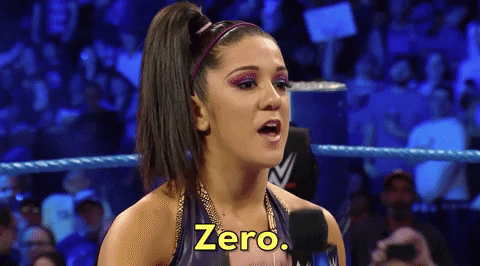Temporary Federal Student Loan Relief | Part II

- On March 13, 2020, the President announced that interest would be waived on all federally held student loans.
PART II: Taking advantage of the no-interest waiver
Temporary Federal Student Loan Relief (COVID-19 Response)
What do I need to do to suspend my payments?
You can ask for an administrative forbearance. Being in an administrative forbearance means that you can temporarily stop making your federal student loan payments without becoming delinquent. Because interest is being waived during the COVID-19 national emergency, interest will not accrue (accumulate) while you are in forbearance. If you request an administrative forbearance, you will not have any payments due for as long as the administrative forbearance lasts. Your loan servicer will cancel any scheduled auto-debit payments. After the administrative forbearance ends, you will have to resume making payments. If you wish to use auto-debit, you may restart auto-debit payments; they will not automatically resume.
What if I am already more than 31 days past due on my payments?
If you’re at least 31 days behind on your payments as of March 13, 2020, or become more than 31 days delinquent after that date, you’ll automatically be placed in an administrative forbearance to give you a safety net during the COVID-19 national emergency.
If I want an administrative forbearance, do I have to request it, or will I get one automatically?
If you want to request an administrative forbearance, you should request one by contacting your loan servicer. If you do not know who your servicer is or how to contact them, visit StudentAid.gov/login or call them at 1-800-4-FED-AID (1-800-433-3243; TTY for the deaf or hard of hearing 1-800-730-8913) for assistance.
It is important to note that if you’re at least 31 days behind on your payment as of March 13, 2020, or become more than 31 days delinquent after that date, you’ll automatically be placed in the administrative forbearance to give you a safety net during the COVID-19 national emergency.
Are private student loans eligible for this benefit?
No, ED does not have legal authority over private student loans. Therefore, they are not covered by the President’s forbearance announcement.
How long will the administrative forbearance last?
The administrative forbearance will last for at least 60 days from March 13, 2020. However, ED may extend that period, depending on the status of the COVID-19 national emergency. If the option for an administrative forbearance is extended, your loan servicer will communicate information about the extension to you.
Is there any reason why I would not want to suspend my payments?
If you are pursuing Public Service Loan Forgiveness or Income-Driven Repayment (IDR) forgiveness, you may not want to go into an administrative forbearance because the time spent in an administrative forbearance does not count toward the required payments. However, if your income has changed, you may qualify for a lower monthly payment in an IDR plan — a payment that could be as low as zero dollars. A zero-dollar IDR payment counts toward the required 120 payments. If you are on an IDR plan and your income has changed significantly, you can update your information and get a new payment amount. To do so, visit StudentAid.gov/idr, click on “Apply Now,” and then start the application by clicking on the button next to “Recalculate my monthly payment.”
If you can afford to make your loan payments during the COVID-19 national emergency, you may want to continue to do so to pay off as much of your loan as possible while there is a 0% interest rate.
How will I know when interest will start accumulating again?
When an end date for the zero-interest period has been set, your loan provider will contact you to let you know that you will need to start making payments again. Your servicer will do additional outreach to help you remember that you will need to make a payment.
Article written by Cynthia Walker, MBA, of FINLIT, LLC. Contact FINLIT or follow them on Twitter and Facebook.